
views
Jakarta: Indonesian women are splashing out on treatments at spas aimed at meeting Islamic values, including paying for special headscarf styling, as affluence rises in the world's most populous Muslim nation.
Around 90 percent of Indonesians are Muslim, though the country is officially secular. The majority are traditionally moderate, but some pressure groups are pushing for more adherence to Islamic values and more women are now wearing headscarves.
Eka Shanty, a marketing executive and mother of three in the capital, Jakarta, says she often goes to Salon Muslimah, an exclusive spa designed especially for Muslim women's needs, to pamper herself.
"I can get two benefits -- rational and emotional," said Shanty.
"There's also a unique ritual before the treatment...tears were falling from my eyes when I went there for the first time."
Salon Muslimah, or Salon "Muslim Women," appears little different from others around Jakarta. The stark red and black colors and minimalist style of the hairdressing salon contrast with pink curtains and floral wallpaper in the spa area.
But the salon, off limits to men, is shielded from prying eyes by one-way mirrors. Customers can also use a women-only gym on the premises or be led in prayers by a therapist.
Besides styling and ordinary treatments such as massages, customers at Salon Muslimah get halal cosmetics, or products that are completely free of any hint of pork such as the glycerine, keratin, collagen or tallow that are often used.
Many still contain alcohol, though, the basis for most perfumes.
In another difference from many global spas, Brazilian waxing is seen as unhealthy and not allowed, partly because waxing goes against the teachings of Islam.
Growing demand for stylish but still modest fashions is helping power efforts to bring Islamic fashion into the modern age, with innovative designers bringing fun prints and delicate lace to the catwalk at a recent fashion festival in Jakarta.
Fashions designers say creating styles that cater to the local Muslim population is big business, and investors are watching for signs that growing Islamisation could change demand for goods or make Indonesia less tolerant.
US first lady Michelle Obama donned a headscarf on a visit to the capital's largest mosque last year. But wearing the headscarf is not mandatory and clothing is fairly liberal save for Indonesia's West Aceh district, which is the only province to have implemented sharia or Islamic law.
Another common service at salons involves the headscarf, which stylists will fold into intricate patterns for under $10, cheap enough to attract the rapidly-growing middle class in Southeast Asia's biggest economy.
Though headscarf styling has traditionally been only for special occasions such as weddings or festivals, more women are heading to salons ahead of a night out. Stylists will fold a headscarf into intricate rose designs, or perhaps use different textiles to create a contrast.
"Clients will bring their own clothes and headscarves for us to customize make-up and to create a suitable style for them," said stylist Surayya at Salon Naura in Jakarta.











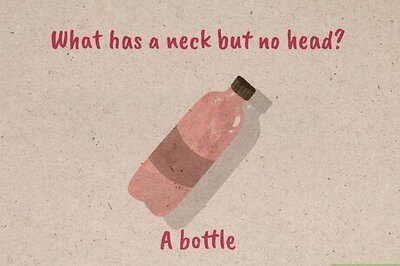

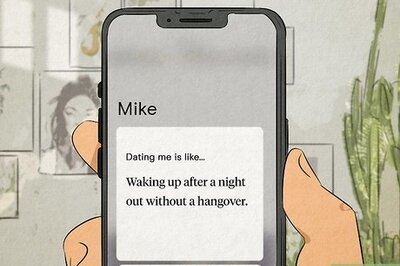
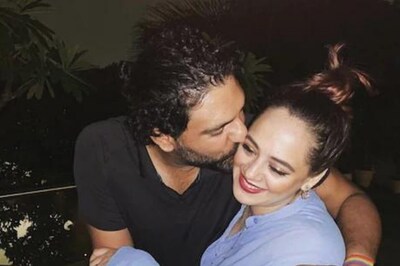

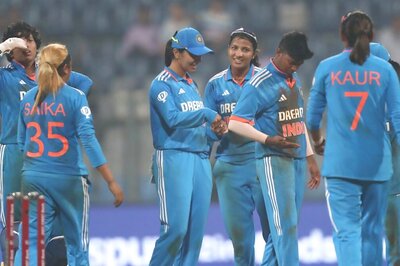

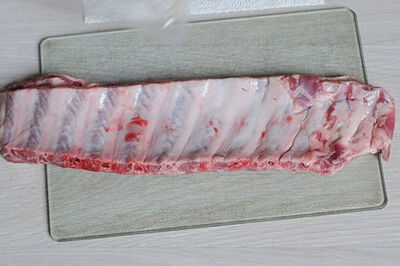

Comments
0 comment